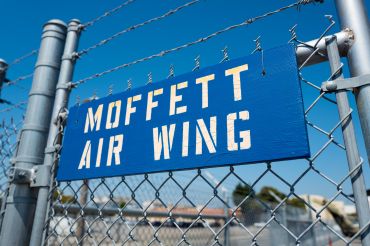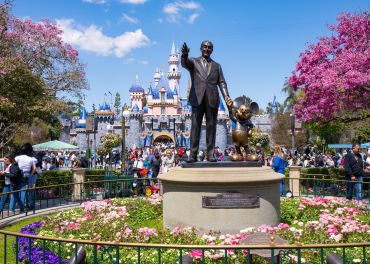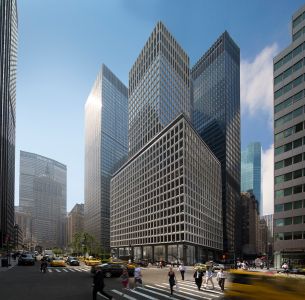“That’s when the retail changed,” Mr. Futterman said. “Before the office tenants moved in, it was always souvenir and T-shirt shops, camera stores and fast food. It was all tourist-driven. There was no office population to cater to. As the neighborhood started to gel, you had not just tourists but an office and burgeoning residential landscape.”
Perhaps Mr. Futterman’s signature retail transaction in the new Times Square was bringing the Virgin Megastore—a CD and DVD powerhouse in the quaint predigital age—to 1540 Broadway. “That was a big leap of faith,” he said. “And then what followed is that you started to see fashion come in. You never would have seen that in Times Square before. There was the Gap on 42nd Street, which anchored Times Square with fashion retail.” Quicksilver and American Eagle followed suit. A 42,500=square-foot H&M is currently under construction at 4 Times Square.
Major retail tenants were drawn to the Crossroads of the World not just for its foot traffic but also the fact that Times Square stores were advertisements in themselves. “It’s not just an opportunity to do great sales-volume,” Mr. Futterman said. “It also acts as a showcase, a billboard.” Speaking of showcases, Ms. Consolo said that strengthening Broadway box office—thanks in part to child-friendly Mouse House musicals—also helped redeem the neighborhood. “But the fact that it became safer,” she said, ”was the icing on the cake.”
As for crime and quality of life, does the industry share Mr. Lhota’s stated fears about their erosion? Real estates owners and brokers very often demur when asked which candidate they’re supporting. And several publications including The Commercial Observer have written about the surprising degree to which Mr. Lhota and Mr. de Blasio agree on issues like rezoning. That could help explain why some real estate professionals are more outspoken on and concerned with who will be the next police commissioner than who’ll be running City Hall.
“I think Ray Kelly’s doing an incredible job,” Mr. Futterman said of the New York Police Department veteran whose defense of the stop-and-frisk program has sparked controversy. “If the next mayor keeps Kelly, we’ll be great,” Ms. Consolo said, adding that “everyone’s concerned about crime. They’re more concerned about crime than who’ll be mayor! All I want to know is who the next police commissioner will be.”
Despite the big question of NYPD hierarchy, those who witnessed Times Square’s transformation have trouble seeing it return to the bad old days. “It was a pretty tough area back then,” Mr. Futterman said. “That would be a real shame. I can’t imagine that with all the controls put in by Bloomberg that it would disintegrate.”
He mentioned current projects including the Witkoff Group’s hotel-retail project at 701 Seventh Avenue and the $140 million renovation of the Milford Plaza on Eighth Avenue as signs that money continues to flow in and that new frontiers in neighborhood rehabilitation were moving north and west. Microsoft’s lease in January of 230,000 square feet at 11 Times Square also augured well for the future of the area.
“People thought that building was going out on a limb, and it turned out to be the epicenter of what’s happening,” he said.
So far, what’s not happening in Times Square—or citywide—is a return to the days of New York as the murder capital. There’s been one murder this year in the Midtown South precinct, an 89 percent plunge from 1993. Rapes are down 71 percent, robberies down 93 percent. Crime overall has fallen 83 percent in the past 20 years.
Statistics like these make many question the legitimacy of Mr. Lhota’s prophesizing campaign ads. And Times Square’s reputation as a family-friendly tourist magnet and entertainment district seems particularly immune to any backsliding that may occur under a new administration and reorganized NYPD.
“There’s not going to be a dip,” Ms. Consolo said. “People still go out to eat, drink and see concerts even during the bad times. It takes them away from their problems. And even if we’re all blindsided by the mayor’s race—and I think we already are—I don’t think that’s going to change.”


